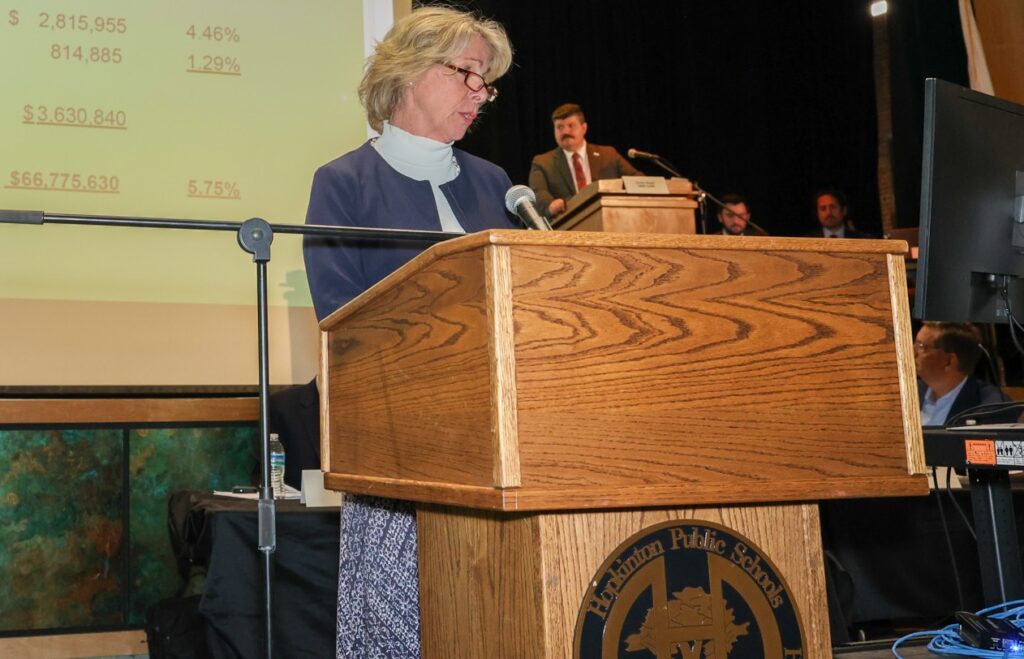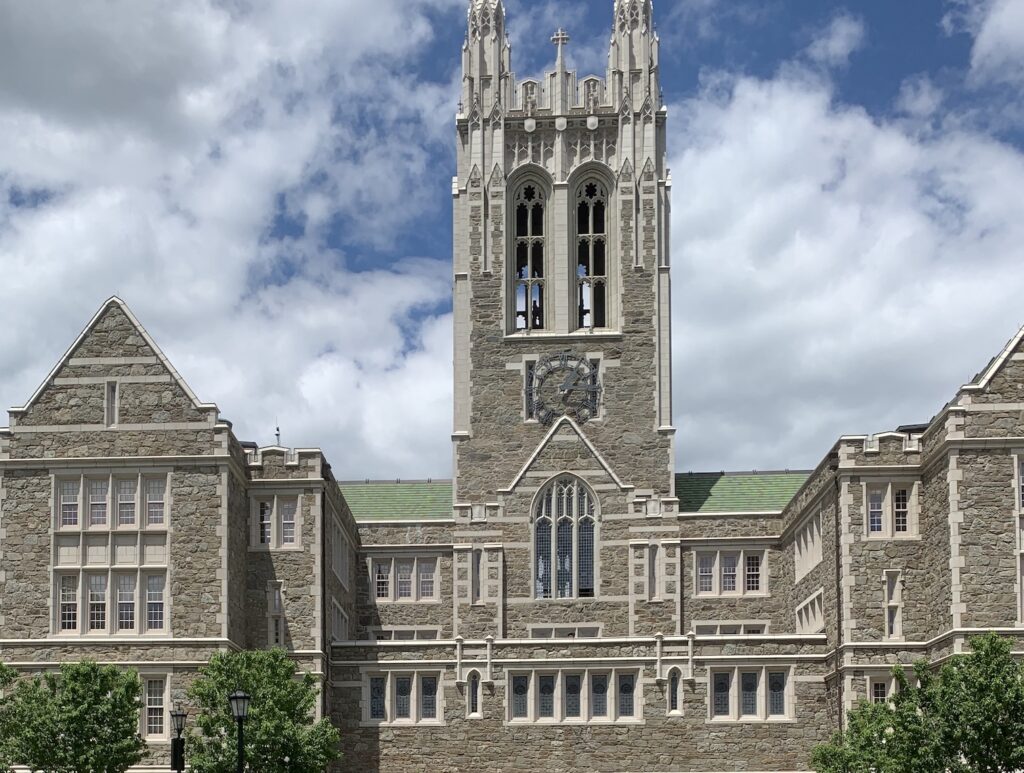The School Committee on Thursday accepted a power purchase agreement with Solect Energy Development previously passed by the Select Board.
The 20-year pact is for the installation of rooftop photovoltaic projects at Hopkins School, the middle school and the high school.
Solect will rent the rooftop spaces for free and with no personal property tax, although it will pay real property tax. In exchange, the schools will have a discounted rate on electricity.
Hopkinton Public Schools Director of Finance Susan Rothermich said that during the first year, Hopkins is expected to save about $33,000, while the projected savings is $48,500 at the middle school and $21,700 at the high school.
Over 20 years, the town has the potential to save approximately $2.5 million.
School Committee vice chair Amanda Fargiano said she was excited to see that the district had the option to buy the solar panels down the line, even if it may not happen right away.
School Committee member Jennifer Devlin asked how all the construction projects going on at the schools would impact the solar on roofs.
Rothermich explained that building additions would always be built to the side with no additional stories added. Therefore, nothing would interfere with the panels.
Additionally, she noted, HVAC (heating, ventilation, air conditioning) work has the option of being ground-mounted rather than put on the roofs.
Public forum looks at capital items
During a public forum at the meeting, Rothermich once again outlined the priority fiscal year 2024 capital projects and their proposed costs as follows: replacement of maintenance vehicle, $70,000; technology upgrades to replace wireless access points and keep up with systems and security, $75,000; HVAC point to point testing, $98,520; HVAC additional funding, $300,000; HVAC VAV (variable air volume) replacement and controls, $157,739; and Marathon playground, $1 million.
Also included are: HVAC district-wide, $1.2 million; loop road paving and sidewalk repair, $1.5 million; high school track and field 3, $5.8 million; and Hopkins addition, $21 million.
Rothermich noted that applications had been submitted to the Community Preservation Committee for the Marathon playground and the track and field 3 project at the high school, which could greatly reduce the costs.
Nicole Simpson of the Sustainable Green Committee asked about the possibility of replacing the maintenance vehicle with an electric one in order to help work toward the town’s net zero plan.
Rothermich said the vehicle is used by the maintenance department to plow, among other things, and it could only run for about an hour with electric.
“The battery capacity won’t hold,” she said. Rothermich noted that technology is growing, but not for a commercial use yet.
Simpson replied that she hoped it would be feasible in the future.
Mental health inclusion in policy discussion
In other business, the board once again talked about incorporating two mental health days as absences in the school policy. School Committee member Holly Morand suggested the measure several weeks ago, noting that there is a bill pending in the Massachusetts legislature on the topic.
In addition, a dozen states already have adopted mental health days for students.
Morand explained that as a mental health professional, she believes this change would “de-stigmatize” mental health. She said that the district talks a lot about the whole child, and emotional well-being is a big part of that.
She said self-care is important to meet mental health needs and there may be times when students are overwhelmed and stressed about going to school and need time to “reset.”
Fargiano said that many parents are working and she worried about kids staying home alone and having a mental health crisis. In school, they have access to counselors and other resources.
Morand replied that she was not referring to crises or suicidal ideation. In those cases, there are outside services where kids are connected and they can go to a hospital emergency room. Counselors are well trained to recognize and intervene in those situations, she said.
Creating self-care that works for them will teach “social emotional skills they can use for a lifetime,” Morand added.
Superintendent Carol Cavanaugh said that delineating what can be excused beyond what is currently allowed by law creates “a slippery slope.”
At the high school level, Cavanaugh said, students start losing credits after a certain point and the idea is to have them present in school. With more reasons to stay out, it places building principals and nurses in an awkward position.
Morand noted that the way the policy is presented should indicate to students “they are still a valued member of our school community.”
Ultimately, the superintendent found wording in the law that mentions both physical and mental health. She added she would like to have building administrators and nurses look at the policy and provide input.





















0 Comments